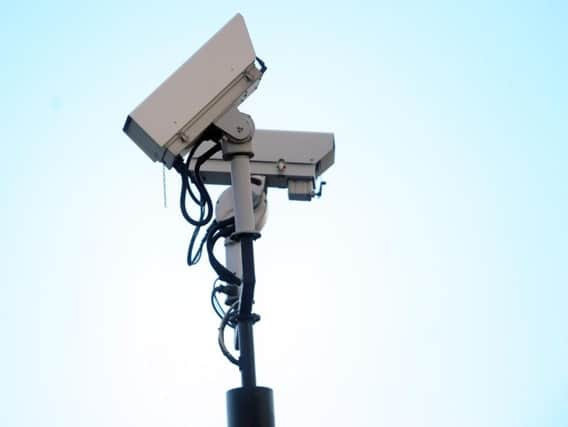Sheffield Council carries out seven 'spying missions' on residents and businesses


Town hall officers have used surveillance to catch benefit fraudsters cheating the system, traders selling counterfit goods and shop owners selling cigarettes to children.
The council used powers under the Regulation of Investigatory Powers Act 2000 - seven times between 2013 and 2017 - according to a report which will go before its audit and standards committee on Thursday.
Advertisement
Hide AdAdvertisement
Hide AdIn three cases the measures were used by officers investigating suspected benefit fraud.
There were two occasions when the powers were used to obtain evidence against traders selling counterfeit cigarettes and tobacco.
Officials also used the measures on 21 premises suspected of selling cigarettes to underage youngsters in two separate operations.
The powers are designed to prevent and detect crime and disorder and approval for surveillance must be given by a magistrate.
Advertisement
Hide AdAdvertisement
Hide AdThe report said the council was a 'low user' of RIPA powers and authorisations had fallen sharply in the last few years. No applications were made in 2016 and 2017.
The report, written by Steve Eccleston, assistant director of the council's legal services, said: "Sheffield Council is a low user of surveillance powers under RIPA.
"Where surveillance is considered to be a lawful, necessary and proportionate step in an investigation an application is made to a magistrate for authority."
Officials said the reduction was due to the loss of the benefit fraud investigation team to the Department of Work and Pensions, a change in investigations by trading standards which do not need covert surveillance and a change in the law which removed a number of offences the surveillance could be used for including anti-social behaviour.
Advertisement
Hide AdAdvertisement
Hide AdThey said there has also been a change in the culture of investigations which now places great emphasis upon deterrence and warning.
Last year staff were given further training in response to the latest inspection by the Office of The Surveillance Commissioners in January 2017.
Training included the use of social media which could inadvertently slip into surveillance.